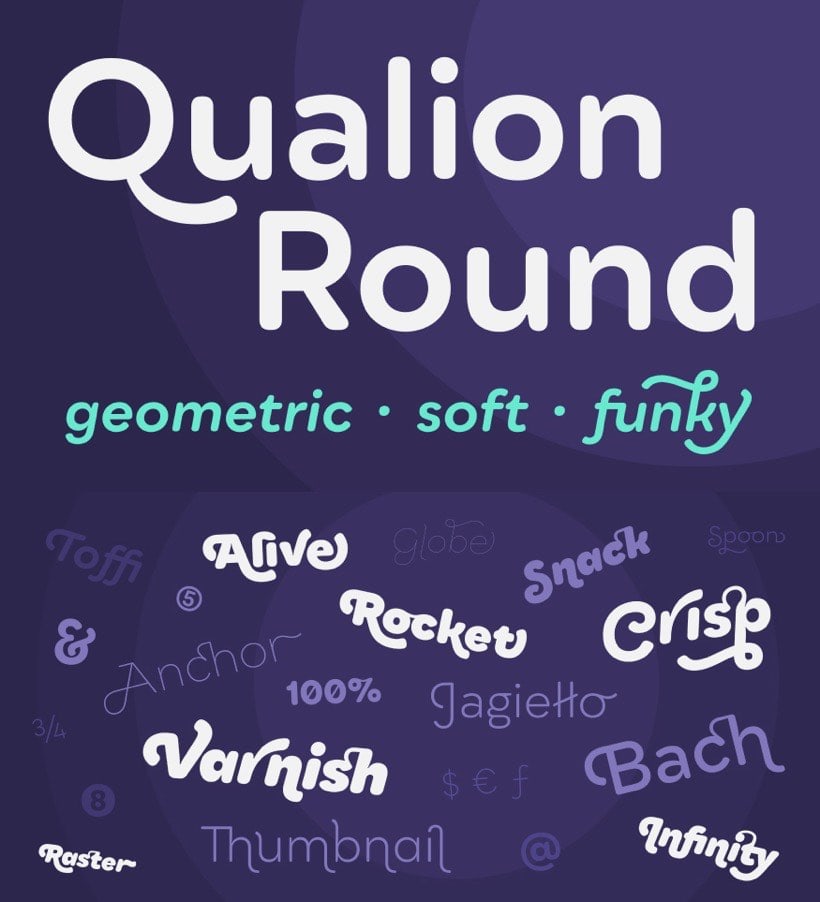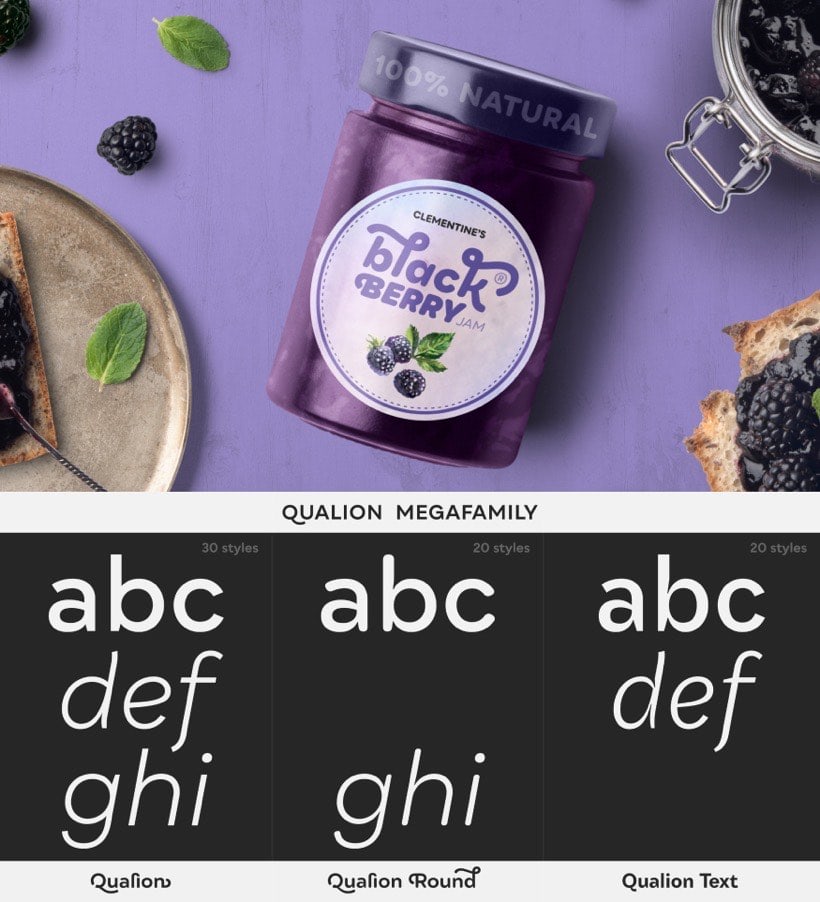 |
| |
|
|
|
I’m typing this with sore fingers, a twitchy back and a fair amount of cuts and bruises on my arms and legs; but also a big smile on my face. This past weekend, five weeks of planning and organising culminated in a communal working bee to breathe new life into the landscaping in our street.
The public space connecting the buildings in our new development felt poorly executed from the day we moved in. Within months, some garden beds were completely destroyed by cars, others slowly deteriorated under heavy wind, rain and dog pee.
Over countless coffees, a small group of neighbours formed and began working on a plan to revive the dying garden beds and create a green space that would speak much better to the local ecology.
After getting permission from council, local Indigenous elders and other resident groups, we began sourcing free and salvageable materials that included old farm fence posts, 300+ kg boulders that were dug up at a nearby construction site, and a pile of mulch donated by council. With a self-funded budget of about $1500, we bought over 150 new plants and fresh soil, and called in lots of favours from friends and friends of friends.
On the day of the working bee, over 50 neighbours joined in to give our street a make-over, replacing the struggling lawn with native grasses and pollinator plants, improving water runoff and protection from cars, and generally turning it into a more engaging and delightful space to be in.
My body felt broken at the end of that day. Lying on the hard floor of my apartment to bend my back into less of a hunchback shape, I was overcome with a new sense of connection and ‘ownership’. The street looks so much better now, but it’s the place-making and community-building that happened on that day that made the exercise such a great, memorable success.
The next morning I sat at our local café overlooking the finished work and observed neighbour after neighbour stepping onto the street with that same proud, happy smile on their face: “We made this!” – Kai
(I will share some photos of our working bee in my next Friends update, going out at the end of this week. Become a Friend of DD to receive these infrequent, more personal updates from me.)
|
| |
|
DD relies on word of mouth
If you’re enjoying DD, chances are your friends and colleagues will, too! Help me reach more readers by sharing the link to this issue with others:
densediscovery.com/issues/261
You receive this email because you subscribed to Dense Discovery, a weekly newsletter at the intersection of design, tech, sustainability, urbanism and more. Writing to you from Melbourne is Kai Brach. Do you have a product or service to promote in DD? Find out more about advertising in DD.
|
| |
Napkin. Your best ideas. SPONSOR
|
|
Our minds never had to process more information than today. In the midst of all the noise, good ideas easily get lost. We build Napkin to keep track, connect and reflect on them.
Napkin is almost ready for the big launch. In the meantime, we invite the wonderful DD audience to get early access and start building your well of ideas for daily inspiration.
|
|
| |
Apps & Sites
|
|
I love how VSCO, the popular mobile app for photo editing, built a thriving ecosystem around photography on their own terms. Now they are expanding the editing workflow to the desktop with a new browser-based tool that includes professional-grade presets and precision tools to make your photos shine.
|
|
|
I’m always curious about alternative organisational structures and so the Artisans Cooperative caught my attention. It’s a marketplace for everything handmade and, as its name suggests, it is co-owned by its members. “Think ‘Etsy’, but more honest and inclusive, more supportive of artisans, and more selective as a ‘verified handmade’ marketplace for shoppers! Unlike private- and investor-owned marketplaces, the people who use the marketplace own it and manage it to their own benefit.”
|
|
|
One more brilliant co-op idea: an online bookstore where readers talk about and recommend books and own a share of the bookstore. Tertulia is a book community with built-in member benefits, such as free shipping and discounts on new books.
|
|
|
A fun interactive visualisation tool giving you an idea of where in the global population you sit, based on your birthday. Apparently, I’m older than 66% of the world’s population and older than 56% of all people in Australia. Statistically, I will live until age 86.6 years, or 18 Jan 2068 to be precise.
|
|
| |
Favourite Books: Andrew Marti
|
|

Six book recommendations by software evangelist, writer and bluegrass guitarist Andrew Marti
|
|
by Wendell Berry
Jayber Crow lives a quiet, simple life of missed possibilities, or maybe it’s just a life of choices that few would make in our world today. Crow’s life is introspective and slow-moving, but the book, full of wise observations and ideas, is not.
by Matt Bell
Chock full of imagination and ideas, taking us to the 1850s, to the near future, and to a far future, hundreds of years out. It does all of this while tackling questions and ideas from American mythology, the power of mega-corporations, the climate crisis, AI, and nanotechnology.
by David Mitchell
This is the epic story of a rock band from the 1970s and the people in it. The novel is full of amazing musical cameos, insights into life in the spotlight, and learning to deal with fame. Any music fan will lap up the trivia and the rock cameos.
by Ayad Akhtar
The author calls this meta-fiction, as he blurs reality and fiction to paint a complicated picture of what it means to be a Muslim in America. At the same time, Akhtar touches on a wide expanse of topics like antitrust law, note-taking, and the conservative mindset!
by Hernan Diaz
This wonderfully creative novel turns storytelling inside out; containing a novel, a half-completed ghost-written memoir, a smaller memoir, and a diary. Each part reveals more about the earlier parts and asks us again and again who we can trust.
by Adrian Tchaikosvsky
What happens when a species evolves into something so different from our human experience? In this case, as a planet of spiders (yes, spiders) evolves over several thousand years, we see their evolution, their advances, how they worship, and how they think. Meanwhile, the author continuously asks us: What does it mean to be human?
(Did you know? Friends of DD can respond to and engage with guest contributors like Andrew Marti in one click.)
|
|
| |
Books & Accessories
|
Finding our place in a world of crises
A compelling new book on the multiple intersecting crises we’re living through and whether science really can offer the solutions: “Hine demonstrates how our over-reliance on the single lens of science has blinded us to the nature of the crises around and ahead of us, leading to ‘solutions’ that can only make things worse. At Work in the Ruins is his reckoning with the strange years we have been living through and our long history of asking too much of science. It’s also about how we find our bearings and what kind of tasks are worth giving our lives to, given all we know or have good grounds to fear about the trouble the world is in.” What made me really curious about this book was reading this short, eloquent review.
|
|
The origins of the rebellion against Big Tech
When we hear the term ‘Luddite’ today, we mistakingly associate it with someone who is strictly against progress. But, as this book aims to highlight, the Luddites movement should be understood as a class struggle that ‘raged against the machines’ responsible for taking away people’s livelihoods. In times of AI and automation, what can we learn from this nineteenth-century social movement? “Brian Merchant intertwines a lucid examination of our current age with the story of the Luddites, showing how automation changed our world – and is shaping our future.”
|
|
| |
Overheard on Threads
|
|
Twitter is unusable. That’s it. That’s the thread.
|
| |
Food for Thought
|
|
Do you ever think about how often you see yourself, whether it’s in Zoom calls, mirrors or family videos? We’re living through a period of constant self-reflection (only in the literal sense), so it’s worth asking if and how this is changing us. “The focus on bodies and images has changed our sense of self. How we look has become ‘who we are’. This is radically different from previous generations, where identity or selfhood was about character or role.”
|
|
|
A great piece of career advice by Signal founder Moxie Marlinspike. He encourages young people to be careful about what first job to take, because that job will have a lasting impact on their overall work trajectory. “My career advice usually falls within the framework of doing the absolute minimum amount of work necessary to prevent starvation, and then doing something that’s not about money, completely outside of supporting structures, and not simply a matter of ‘consuming experience’ with the remaining available time.”
|
|
|
This is a short primer on mindfulness and how we can make choices that support a state of ease, clarity and purpose. “Another facet to bring into this inquiry is to move beyond the sense of our small, restricted lives into something broader that connects us to our shared humanity. In this way we can flip the question to see what emerges. Instead of ‘What do I want to do with my life?’ we might ask ‘What does life want from me?’ This addresses the trap of thinking that we need to generate our own sense of purpose in an autonomous, individual way and honours the fact that meaning is constituted in and through relationship.”
|
|
| |
Aesthetically Pleasing
|
|
Talented felt stop motion artist Andrea Love is attempting to make the first ever video game using felt. Feltopia will be a side-scrolling fantasy adventure game if it reaches its Kickstarter funding goal! (via)
|
|
|
Whether it’s embroidery, paper, pen or screen, for the talented lettering artist Olga Kovalenko, the medium doesn’t seem to matter.
|
|
|
In two new projects, aerial photographer Tom Hegen captures areas of Borneo where rainforests and rivers are turned into devastated landscapes by illegal gold mining, and golf courses in the middle of the Las Vegas desert that require vast amounts of water in times of severe droughts.
|
|
|
|
| |
Notable Numbers
|
|
The US Internal Revenue Service (IRS) has informed Microsoft that the company owes back taxes of $28.9 billion ‘plus penalties and interest’ for the tax years 2004 through 2013, according to an SEC filing.
|
|
|
Researchers are only beginning to uncover the toxic cocktail of chemicals, microplastics, and heavy metals hidden in car and truck tires, responsible for air and water pollution. Some 2 billion tires globally are sold each year – enough to reach the moon if stacked on their sides – with the market expected to reach 3.4 billion a year by 2030.
|
|
|
Enfield Council launched London’s first beaver reintroduction programme in 2022, bringing beavers back to the capital for the first time in 400 years, as part of a rewilding and natural flood management project. For the first time, a baby ‘kit’ was spotted this summer!
|
|
| |
Classifieds
|
|
Ultimate Tools is a weekly newsletter that helps you discover new marketing tools and incredibly useful websites. Join now more than 16k readers!
Eastward Bound is a collective of designers & product people. With an average 11 years experience in startups & scale ups, we team up organically to solve your toughest problems.
Not your typical organising guide! The free Ultimate Guide to Simplifying is infused with minimalist and mindfulness principles so you can focus on what’s most meaningful.
Buy or gift backpacks made from Ocean Bound Plastics. Oceanbags donates school backpacks to kids in need plus plants mangroves for every bag sold. Join us in making a difference.
|
|
Classifieds are paid ads that support DD and are seen by our 35,000 subscribers each week.
Book yours →
|
|
| |
The Week in a GIF
|
|
Reply with your favourite GIF and it might get featured here in a future issue.
|
|
| |
|
DD is supported by Friends and the modern family office of  . .
|
| |
|
















